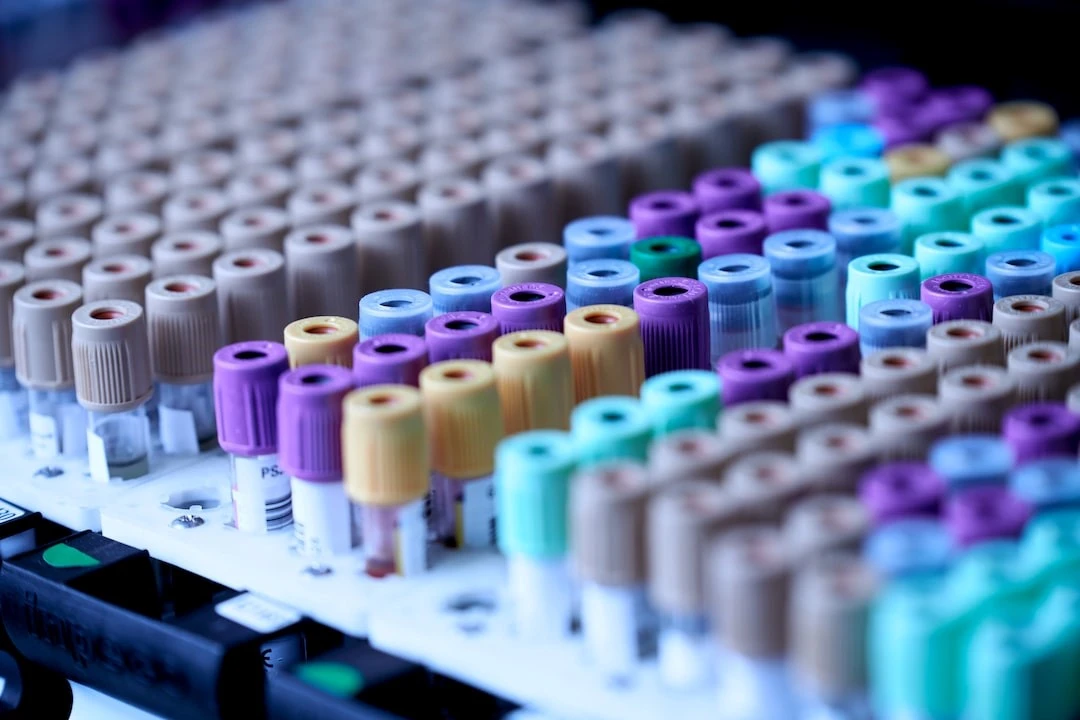Preventive Healthcare
Understanding the Complete Blood Count (CBC) Test: What You Need to Know and How to Prepare
12653 Views
0

Overview of a Complete Blood Count (CBC) Test
A complete blood count (CBC) is a blood test to check your overall health. It indicates various conditions, including leukaemia, anaemia, and other infections. Here are a few parameters a CBC blood test measures:
- Red blood cells, which carry oxygen
- White blood cells, which fight infections
- Haemoglobin, the oxygen carrying protein in red blood cells
- Hematocrit is the amount of red blood cells in the blood
- Platelets that help in blood clotting
The test measures the unusual increase or decrease in any of these parameters. Your CBC test allows healthcare providers to start the right diagnosis timely if required.
When is this test performed?
Your doctor may prescribe a CBC during your routine checkup or if you are displaying unexplained symptoms like:
- Bleeding or bruising
- Fatigue, dizziness or weakness
- Fever, nausea and vomiting
- Inflammation (swelling and irritation) anywhere in the body
- Joint pain
- Issues with heart rate or blood pressure
Why do healthcare providers order this test?
A CBC blood test should be a part of your yearly physical examination, it helps doctors:
- Evaluate your overall health: This gives your doctor a baseline view and screen for various health problems.
- Diagnose a health problem: Your doctor will prescribe this test to confirm or rule out certain diseases.
- Monitor a specific health problem: Most blood disorders and diseases that affect blood cell counts are monitored with this test.
- Monitor treatment: Doctors use a CBC test to understand if your treatment plan is working and is effective.
What does a CBC look for?
A CBC contains many tests that study red blood cells, white blood cells, and platelets. Red blood cells (RBCs) carry oxygen throughout the body, while white blood cells (WBCs) are responsible for immune function as they help the body fight diseases. The platelets help in blood clotting, in case you bleed during an injury.
The following are the different aspects of the blood that a CBC measures:
- CBC without a differential is used to count the total number of WBCs.
- CBC with differential helps healthcare providers understand how many of the five types of white blood cells are in the body.
- Haemoglobin tests measure the levels of haemoglobin (the oxygen-carrying component of the blood).
- Hematocrit helps understand the concentration of red blood cells in the blood.
With this test, your doctor understands:
- How many new blood cells are created in the body, and is it within the normal blood count?
- If the number of RBCs, WBCs, and platelets is within the CBC normal range.
- The size and shape of your blood cells
What does a CBC detect?
A CBC diagnosis several conditions, diseases, infections, and disorders, such as.
- Anaemia, is the lack of RBCs within the normal range that carry oxygen and reduced haemoglobin that carries iron throughout the body
- Bone Marrow diseases like myelodysplastic syndrome
- Thalassemia, sickle cell anaemia, and agranulocytosis
- Infections or diseases that cause the number of WBCs in the body to deviate from the WBC normal range.
- Cancers like leukaemia and lymphoma
- Side effects of prescription medication or chemotherapy
- Nutrient deficiencies
How to prepare for cbc test?
A CBC is a simple blood test that does not need much preparation. The lab technician or healthcare provider will disinfect your arm before inserting a needle. You might experience a slight pinch or sting when the needle is inserted, but it does not hurt much.
The technician will collect the sample of your blood, after which the needle is removed, and a small bandage will be placed on the entry wound. The blood sample is labelled and sent to the lab for testing. If you need to undergo a CBC blood test while fasting, your healthcare provider will instruct you not to eat or drink anything for at least 12 hours before the test.
What should I expect after the test?
After taking the blood sample, your arm might feel slightly sore and develop a small bruise around the needle entry point.
What are the benefits of this test?
A CBC can detect hundreds of conditions, infections, and disorders using a small amount of blood. A blood test within the CBC normal range also indicates a healthy individual.
What are the risks of this test?
This test has no significant risks, as only a tiny amount of blood is needed. In rare cases, an individual might faint or feel lightheaded.
When should I know the results of the test?
Most CBC results will be ready within 24 hours or a few days. The healthcare provider usually calls you when the results are prepared and may even send them online. If your blood cell count is outside of the CBC normal range, your doctor may need you to undergo further testing.
Complete blood count (CBC) normal ranges
Haemoglobin normal range
Male (ages 15+): 13.0 to 17.0 g/dl
Female (ages 15+): 11.5-15.5 g/dl
Hematocrit (RBC) normal range
Male: 40-55%
Female: 36-48%
White Blood Cells (WBC) normal range
Adult: 5,000 to 10,000/mL
Platelet Count normal range.
Adult: 150,000 - 400,000 mL
Conclusion
A CBC blood test helps doctors manage diseases and help you stay healthy. Since you can be screened for numerous diseases with just one blood sample, it is good to get tested as a part of your routine checkups. Most diagnostic labs like Metropolis Labs conduct tests, including CBC, based on your age and gender. Visit our website to find out the different tests and services offered and to know all about the home testing facility.























 WhatsApp
WhatsApp